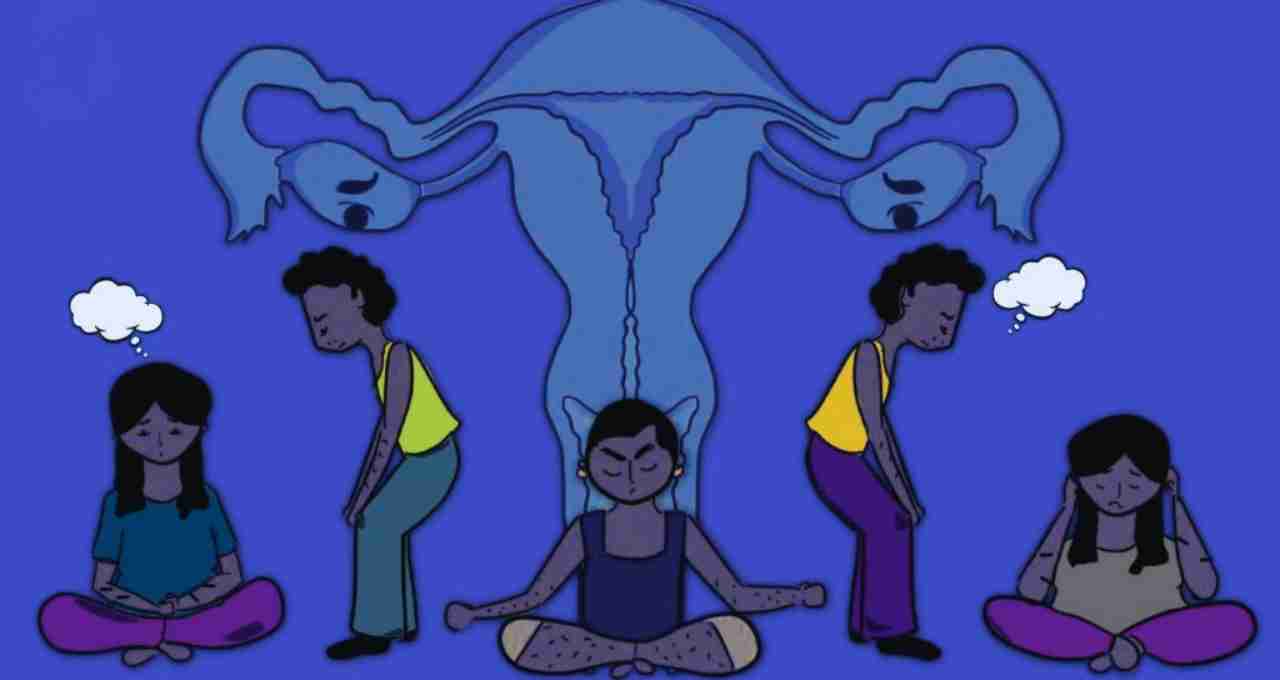As women age, various physical changes occur in their bodies, some of which may seem normal, but they can indicate serious health problems. One of these is Uterine Prolapse, commonly known as "displacement of the uterus." If you experience urine leakage while sneezing, coughing, or laughing, it may not just be a problem of not being able to hold your urine; it could be an early sign of Uterine Prolapse.
What is Uterine Prolapse?
Uterine Prolapse is a condition in which the uterus begins to descend from its normal position, and sometimes it may even protrude from the vagina. This problem occurs when the pelvic floor muscles and ligaments that support the uterus become weak or loose. It is particularly common in women who have entered menopause or who have had multiple normal deliveries.
Urine Leakage When Sneezing: Not Superficial, a Serious Sign

Urine leakage while sneezing or laughing is a type of 'Stress Urinary Incontinence,' which can result from weakened pelvic floor muscles. When the muscles become weak, they not only fail to support the uterus but also lose control over the bladder. This causes urine leakage upon slight pressure. This symptom is often the first indication of Uterine Prolapse.
Stages of Uterine Prolapse
- Stage 1: The uterus descends slightly into the vagina.
- Stage 2: The uterus reaches inside the vagina.
- Stage 3: A part of the uterus starts to become visible outside the vagina.
- Stage 4: The entire uterus comes out of the vagina, which is considered a medical emergency.
Key Symptoms to Watch Out For
- A feeling of pulling or heaviness in the lower abdomen or vagina.
- Discomfort when standing or walking for long periods.
- Lower back pain or pelvic pain.
- A piece of flesh protruding from the vagina.
- Pain during sexual intercourse.
- Frequent urination or difficulty in holding urine.
- Constipation or difficulty in passing stools.
Which Women Are at Higher Risk?

- Those who have had multiple normal deliveries.
- Women who have entered menopause.
- Those who are overweight or obese.
- Those who have had pelvic surgery.
- Those with a family history of this problem.
- Those who lift heavy weights frequently or who have a chronic cough.
Main Causes That Contribute to This Condition
- Estrogen Deficiency: After menopause, the amount of estrogen hormone decreases in women, which causes the muscles to loosen.
- Pregnancy and Childbirth: Especially when instruments are used in delivery or the baby is large.
- Excessive Weight: Increased pressure on the abdomen affects the muscles.
- Frequent Coughing or Constipation: Constant pressure on the pelvic muscles can lead to weakness.
How to Prevent the Problem?
- Kegel Exercises: These are very effective for strengthening pelvic floor muscles.
- Maintain a Healthy Weight: Reducing obesity decreases pressure on the lower abdomen.
- Avoid Constipation and Cough: Eat a fiber-rich diet and treat chronic cough.
- Avoid Lifting Heavy Weights: Especially if there is pre-existing pelvic weakness.
- Sit and Stand in the Correct Posture: Performing physical activities correctly is also important.
What are the Treatment Options?
If Uterine Prolapse is confirmed, several treatment options are available:
- Physiotherapy and Exercise – Effective in the initial stages.
- Pessary Device – A device inserted into the vagina that supports the uterus.
- Hormonal Therapy – Especially to strengthen muscles after menopause.
- Surgery – To stabilize or remove the uterus in severe cases.
Often, women consider symptoms like urine leakage while sneezing or laughing as normal and ignore them. However, this could be a warning sign of a serious condition like Uterine Prolapse. Therefore, timely examination and treatment are essential. Remember – understanding the body's signals and responding in time is the key to good health.















